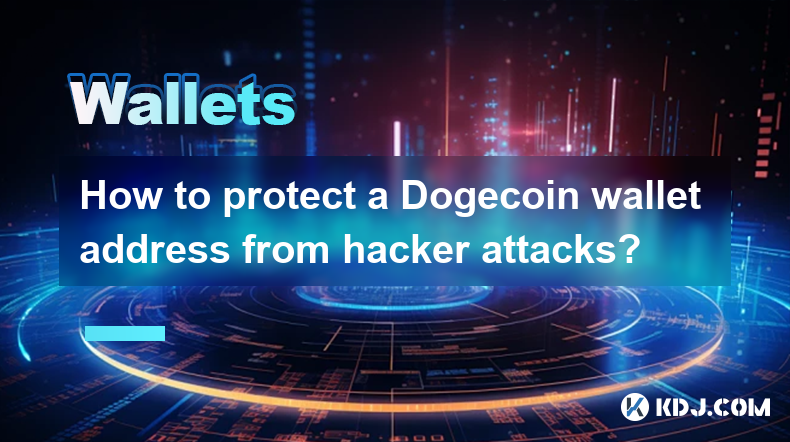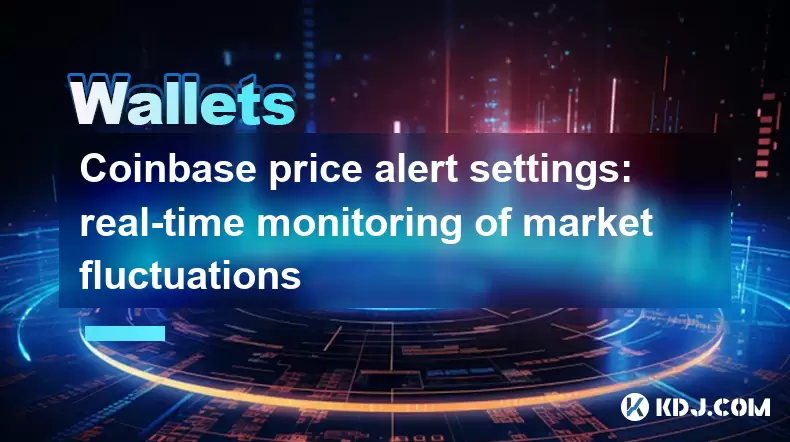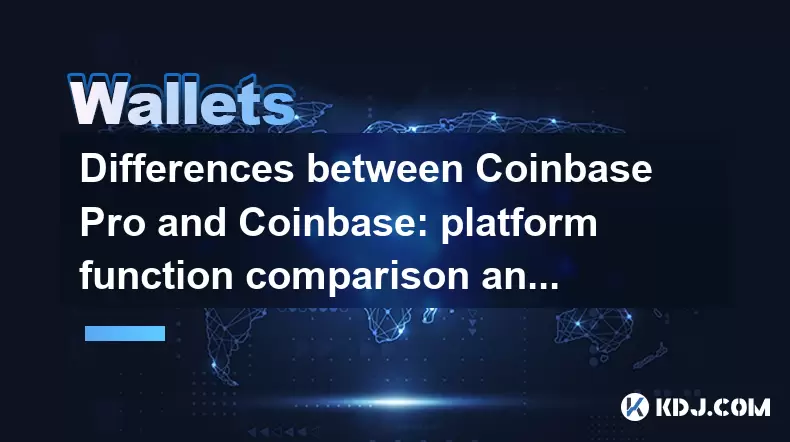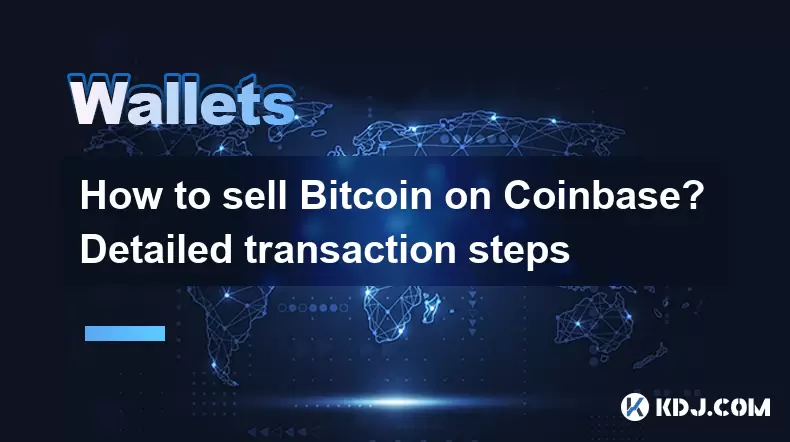-
 Bitcoin
Bitcoin $108,165.4587
0.78% -
 Ethereum
Ethereum $2,456.3517
1.15% -
 Tether USDt
Tether USDt $1.0003
0.00% -
 XRP
XRP $2.1934
0.05% -
 BNB
BNB $650.0935
0.52% -
 Solana
Solana $151.3905
2.69% -
 USDC
USDC $0.9998
0.00% -
 TRON
TRON $0.2751
-0.32% -
 Dogecoin
Dogecoin $0.1640
0.87% -
 Cardano
Cardano $0.5631
0.57% -
 Hyperliquid
Hyperliquid $38.7115
4.69% -
 Bitcoin Cash
Bitcoin Cash $493.1868
-0.39% -
 Sui
Sui $2.8217
3.61% -
 Chainlink
Chainlink $13.3994
2.08% -
 UNUS SED LEO
UNUS SED LEO $9.1632
0.94% -
 Avalanche
Avalanche $18.0318
1.97% -
 Stellar
Stellar $0.2388
0.35% -
 Toncoin
Toncoin $2.8763
1.41% -
 Shiba Inu
Shiba Inu $0.0...01160
1.59% -
 Litecoin
Litecoin $86.6393
1.29% -
 Hedera
Hedera $0.1485
0.16% -
 Monero
Monero $315.7948
1.56% -
 Polkadot
Polkadot $3.4240
1.88% -
 Bitget Token
Bitget Token $4.6314
-0.44% -
 Dai
Dai $0.9998
-0.01% -
 Ethena USDe
Ethena USDe $1.0002
-0.01% -
 Uniswap
Uniswap $7.2110
2.59% -
 Aave
Aave $270.6087
6.07% -
 Pi
Pi $0.5350
0.52% -
 Pepe
Pepe $0.0...09545
1.26%
How to protect a Dogecoin wallet address from hacker attacks?
Safeguarding your Dogecoin requires a multi-pronged approach: use a strong password, secure your seed phrase, update wallet software regularly, enable 2FA, and be vigilant against phishing scams.
Mar 12, 2025 at 02:55 pm

Key Points:
- Understanding Dogecoin Wallet Vulnerabilities: Dogecoin wallets, like all cryptocurrency wallets, are susceptible to various attack vectors. Understanding these vulnerabilities is the first step towards effective protection.
- Choosing a Secure Wallet Type: Different wallet types offer varying levels of security. Hardware wallets generally provide the strongest protection.
- Strong Password and Seed Phrase Management: Robust passwords and secure seed phrase storage are paramount to preventing unauthorized access.
- Software Updates and Security Patches: Keeping your wallet software up-to-date is crucial to mitigating newly discovered vulnerabilities.
- Recognizing and Avoiding Phishing Scams: Phishing attempts are a common attack vector. Learning to identify and avoid these scams is vital.
- Two-Factor Authentication (2FA): Implementing 2FA adds an extra layer of security to your account.
- Regular Security Audits: Periodically reviewing your security practices ensures ongoing protection.
How to Protect a Dogecoin Wallet Address from Hacker Attacks?
Protecting your Dogecoin wallet address from hacker attacks requires a multi-layered approach focusing on both software and user practices. The inherent value of Dogecoin, like any cryptocurrency, makes it a target for malicious actors. Therefore, proactive security measures are essential.
Understanding Dogecoin Wallet Vulnerabilities:
Dogecoin wallets, whether software or hardware-based, can be vulnerable to various attacks. These include phishing scams designed to steal your login credentials or seed phrase, malware that infects your computer and steals your private keys, and exploits targeting vulnerabilities in the wallet software itself. Understanding these threats is the first crucial step in protecting your funds.
Choosing a Secure Wallet Type:
The type of wallet you choose significantly impacts its security. Hardware wallets, like Ledger or Trezor, are considered the most secure option as they store your private keys offline, making them significantly less vulnerable to online attacks. Software wallets, while convenient, are more susceptible to malware and online attacks. Paper wallets, while offering offline security, require meticulous care to prevent loss or damage.
Strong Password and Seed Phrase Management:
A strong, unique password is essential. Avoid easily guessable passwords and utilize a password manager to generate and store complex passwords securely. Your seed phrase is the ultimate key to your Dogecoin; treat it like a highly sensitive document. Never share it with anyone, and store it offline in a secure and physically protected location. Multiple backups in different secure locations are recommended.
Software Updates and Security Patches:
Regularly update your wallet software. Developers frequently release updates that patch security vulnerabilities. Failing to update leaves your wallet susceptible to known exploits that malicious actors could use to gain access. Check for updates frequently, and install them immediately.
Recognizing and Avoiding Phishing Scams:
Phishing scams are a common attack vector. These scams often involve fake websites or emails that mimic legitimate Dogecoin services, attempting to trick you into revealing your login credentials or seed phrase. Be wary of unsolicited emails or messages requesting your login details or seed phrase. Always verify the authenticity of websites and emails before entering any sensitive information.
Two-Factor Authentication (2FA):
Enable two-factor authentication (2FA) whenever possible. 2FA adds an extra layer of security by requiring a second verification method, such as a code from your phone or email, in addition to your password. This makes it significantly harder for hackers to access your account, even if they obtain your password.
Regular Security Audits:
Periodically review your security practices. This includes checking your password strength, ensuring your seed phrase is safely stored, verifying that your wallet software is up-to-date, and reviewing your online activity for any suspicious behavior. Regular audits help identify and address potential vulnerabilities before they can be exploited.
Using reputable exchanges:
Choose reputable and well-established cryptocurrency exchanges to buy, sell, and store your Dogecoin. Look for exchanges with strong security measures in place, including 2FA and robust security protocols.
Educate yourself on cryptocurrency security best practices:
Continuously learn about the latest security threats and best practices to protect your cryptocurrency. Stay updated on news and information related to cryptocurrency security to remain ahead of potential attacks.
Common Questions:
Q: What happens if my Dogecoin wallet is hacked?
A: If your Dogecoin wallet is hacked, your Dogecoin could be stolen. The extent of the loss depends on the amount of Dogecoin in your wallet. Reporting the incident to the appropriate authorities and the exchange (if applicable) is crucial.
Q: Can I recover my Dogecoin if my wallet is compromised?
A: Recovery depends on the type of wallet and the nature of the compromise. If you have a backup of your seed phrase and it hasn't been compromised, you might be able to recover your Dogecoin by restoring your wallet. However, if your seed phrase is lost or compromised, recovery is typically impossible.
Q: Are hardware wallets completely secure?
A: While hardware wallets are significantly more secure than software wallets, they are not completely immune to attacks. Physical theft or sophisticated attacks targeting the hardware itself are still potential risks.
Q: What should I do if I suspect a phishing attempt?
A: Do not click on any links or provide any personal information. Report the suspicious email or website to the appropriate authorities and the platform involved.
Q: How often should I update my wallet software?
A: Update your wallet software as soon as updates are released. Check for updates regularly, as security vulnerabilities can be discovered and patched at any time.
Disclaimer:info@kdj.com
The information provided is not trading advice. kdj.com does not assume any responsibility for any investments made based on the information provided in this article. Cryptocurrencies are highly volatile and it is highly recommended that you invest with caution after thorough research!
If you believe that the content used on this website infringes your copyright, please contact us immediately (info@kdj.com) and we will delete it promptly.
- Bitcoin's Role in a Weak Dollar World: Crypto Demand and Freedom
- 2025-06-30 00:50:12
- Binance, CZ, and XRP: Navigating the Crypto Currents
- 2025-06-30 00:55:12
- PayPal, PYUSD, and Stellar (XLM:
- 2025-06-30 00:30:12
- Nike, Coinbase, and Large Cap Gainers: What's the Buzz?
- 2025-06-30 00:30:12
- Crypto, Web3 AI, and Dogecoin: Navigating the Hype in 2025
- 2025-06-30 01:10:13
- Elon Musk, Bitcoin, and Assets: A New Era of Diminishing Returns?
- 2025-06-30 01:10:13
Related knowledge

Coinbase price alert settings: real-time monitoring of market fluctuations
Jun 29,2025 at 07:00am
Setting Up Coinbase Price AlertsTo begin real-time monitoring of market fluctuations on Coinbase, users can utilize the built-in price alert feature. This function allows you to receive notifications when a cryptocurrency reaches a specific price point. To access this setting, open the Coinbase app or log in via the web platform. Navigate to the 'Prices...

How to stake cryptocurrencies on Coinbase? Benefits and risks
Jun 27,2025 at 06:36pm
Understanding Cryptocurrency Staking on CoinbaseStaking cryptocurrencies involves locking up digital assets to support the operations of a blockchain network, typically in return for rewards. Coinbase, one of the most popular cryptocurrency exchanges globally, offers staking services for several proof-of-stake (PoS) coins. Users can stake their holdings...

Differences between Coinbase Pro and Coinbase: platform function comparison and analysis
Jun 29,2025 at 08:21am
Overview of Coinbase and Coinbase ProWhen exploring the cryptocurrency trading landscape, users often encounter two platforms under the same parent company: Coinbase and Coinbase Pro. While both are operated by the same organization, they cater to different types of users and offer varying features. Coinbase is primarily designed for beginners and casua...

How to contact Coinbase customer service? Support channels and response times
Jun 28,2025 at 01:29pm
Contacting Coinbase Customer Service: Support Channels and Response TimesIf you're a user of Coinbase, reaching their customer service team may become necessary for various reasons, such as account verification issues, transaction disputes, or technical difficulties. Understanding the different support channels available and what to expect in terms of r...

Coinbase advanced trading function usage tutorial: limit orders and market orders
Jun 28,2025 at 09:07pm
Understanding the Difference Between Limit Orders and Market OrdersWhen using Coinbase's advanced trading features, it is crucial to understand the fundamental difference between limit orders and market orders. A market order executes immediately at the best available price on the market. This type of order ensures that your trade goes through quickly, ...

How to sell Bitcoin on Coinbase? Detailed transaction steps
Jun 29,2025 at 04:22am
Setting Up Your Coinbase Account for TransactionsBefore you can sell Bitcoin on Coinbase, you must ensure your account is fully set up and verified. Coinbase requires identity verification to comply with regulatory standards. This process involves uploading a government-issued ID, confirming your address, and sometimes submitting a selfie holding the ID...

Coinbase price alert settings: real-time monitoring of market fluctuations
Jun 29,2025 at 07:00am
Setting Up Coinbase Price AlertsTo begin real-time monitoring of market fluctuations on Coinbase, users can utilize the built-in price alert feature. This function allows you to receive notifications when a cryptocurrency reaches a specific price point. To access this setting, open the Coinbase app or log in via the web platform. Navigate to the 'Prices...

How to stake cryptocurrencies on Coinbase? Benefits and risks
Jun 27,2025 at 06:36pm
Understanding Cryptocurrency Staking on CoinbaseStaking cryptocurrencies involves locking up digital assets to support the operations of a blockchain network, typically in return for rewards. Coinbase, one of the most popular cryptocurrency exchanges globally, offers staking services for several proof-of-stake (PoS) coins. Users can stake their holdings...

Differences between Coinbase Pro and Coinbase: platform function comparison and analysis
Jun 29,2025 at 08:21am
Overview of Coinbase and Coinbase ProWhen exploring the cryptocurrency trading landscape, users often encounter two platforms under the same parent company: Coinbase and Coinbase Pro. While both are operated by the same organization, they cater to different types of users and offer varying features. Coinbase is primarily designed for beginners and casua...

How to contact Coinbase customer service? Support channels and response times
Jun 28,2025 at 01:29pm
Contacting Coinbase Customer Service: Support Channels and Response TimesIf you're a user of Coinbase, reaching their customer service team may become necessary for various reasons, such as account verification issues, transaction disputes, or technical difficulties. Understanding the different support channels available and what to expect in terms of r...

Coinbase advanced trading function usage tutorial: limit orders and market orders
Jun 28,2025 at 09:07pm
Understanding the Difference Between Limit Orders and Market OrdersWhen using Coinbase's advanced trading features, it is crucial to understand the fundamental difference between limit orders and market orders. A market order executes immediately at the best available price on the market. This type of order ensures that your trade goes through quickly, ...

How to sell Bitcoin on Coinbase? Detailed transaction steps
Jun 29,2025 at 04:22am
Setting Up Your Coinbase Account for TransactionsBefore you can sell Bitcoin on Coinbase, you must ensure your account is fully set up and verified. Coinbase requires identity verification to comply with regulatory standards. This process involves uploading a government-issued ID, confirming your address, and sometimes submitting a selfie holding the ID...
See all articles

























































































